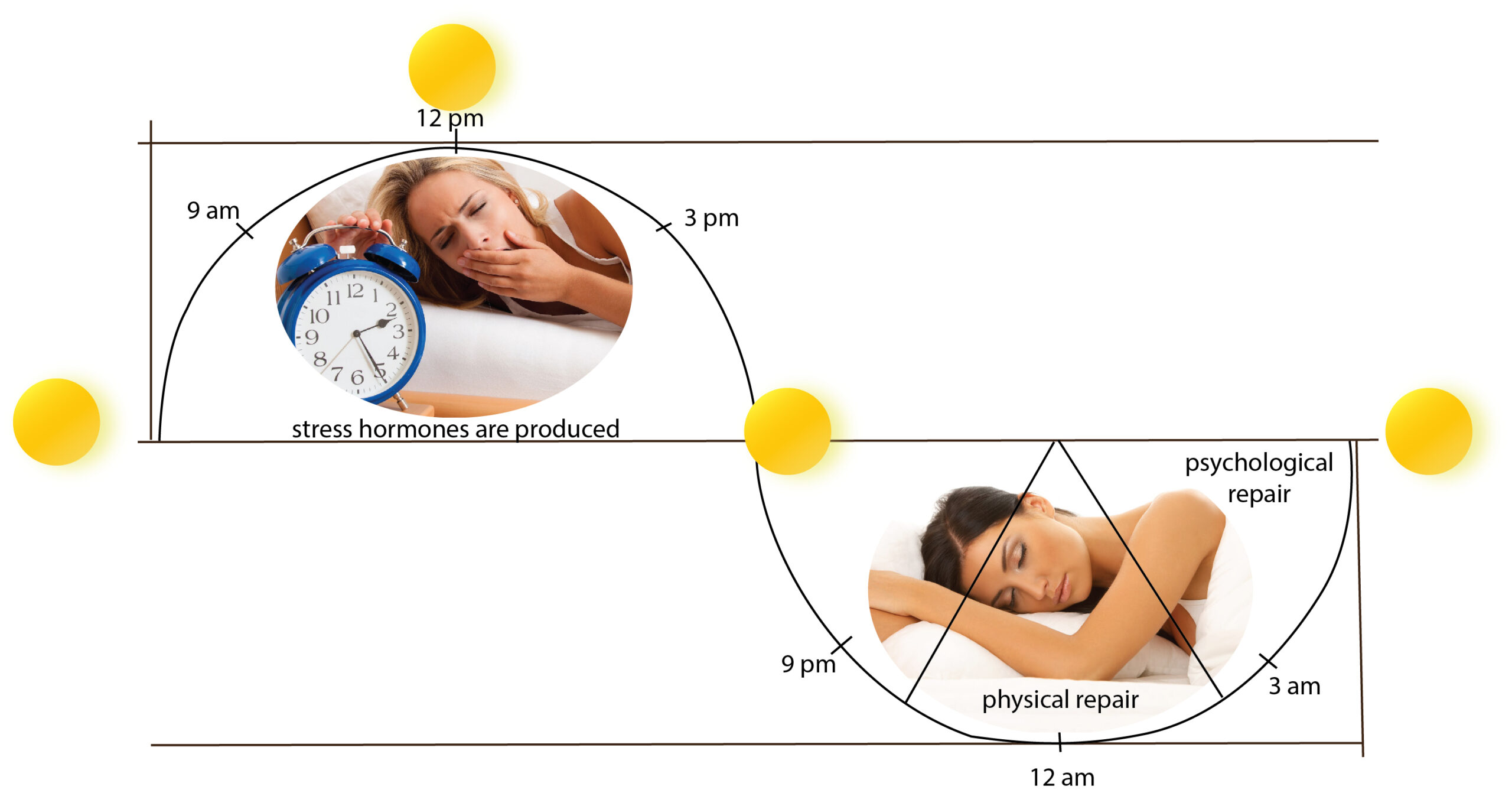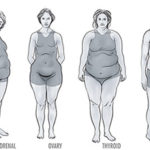
Post-workout active recovery is enjoyable and useful, but your body needs more than a brisk walk or a light swimming session to fully restore its energy reservoirs and repair its damaged muscles. A good night’s sleep is one of the best allies for rejuvenating your body and refreshing your mind, as it’s during the sleep hours when the organism fully recovers.
Often overlooked, the health benefits of sleep go well beyond boosting your mood, calming your mind and relaxing your body. Getting enough rest has positive effects on your brain, bones and muscles, skin, heart, immunity and appetite, so if your health state isn’t the best at the moment, perhaps it’s time to adjust your sleep schedule.
Skipping the rest hours prevents your body from recovering properly, as the organism doesn’t get enough time to repair its muscles, consolidate the memory or regulate its production of hormones. What do all these have to do with sleep? Take a look below.
Studies have shown that in order for one’s brain to function at its best, and for maximum alertness and mental clarity, one needs restful sleep, whether it’s 6 hours or 8 hours per night. Poor sleep quality was found to favor brain atrophy and to decrease focus and attention.
Thus, although people who only get 3-4 hours of sleep per night can deliver the same results when it comes to everyday activities, they won’t be able to solve problems that require attention and mental clarity with the same efficiency as people who get enough rest.
The production of hormones is regulated while we sleep. Cortisol and insulin are only two examples of hormones that are released in higher amounts in people who constantly skip sleep hours.
Cortisol increases the stress and favors the accumulation of abdominal fat, while stimulating the breakdown of muscle tissue for energy production. Insulin is responsible for moving sugar from the bloodstream to cells, and an altered production of this hormone makes one more prone to diabetes, excess fat gain and heart disease.
Sleep deprivation can severely impact the sympathetic nervous system and send it into overdrive, and this leads to an excess production of adrenaline, hormone which is linked with the flight or fight response. When there’s too much adrenaline inside the body, it tells your organism that something threatening is happening and thus you should take immediate action, and this causes the heart to pump faster and to work harder.
Directly linked with the previously mentioned effect is the increased risk of developing heart disease and hypertension. Studies have shown that sleep-deprived people are more prone to coronary artery calcification and heart attack, and that the lack of sleep increases the risk of sleep apnea, irregular heartbeat and stroke.
If these negative effects don’t impress you, perhaps getting familiar with the positive effects of rest will convince you that you need to adopt a healthier sleep pattern. Getting enough rest ensures a stronger immune system and prevents common cold, while reducing the risk of infections. Studies have shown that the production of antibodies is healthier in people who get adequate sleep.

Then, restful sleep regulates the appetite and the production of hormones linked with the sensation of fullness and hunger, so if you sleep enough hours, you’re less likely to overeat and thus less likely to gain excess weight. Ghrelin and leptin are produced during the night hours and can stimulate or suppress appetite, sleep deprivation contributing to an increased appetite.
It’s how your body tries to compensate for the lack of energy that comes with sleep deprivation – in order to fulfill its energy needs, the body asks for additional fuel and the most accessible source of energy is food. Obesity and diabetes are less likely to develop in people who get enough rest.
Sleep helps the body recover and repairs the muscle tissues, so whether you’re a leisure or a professional athlete, you’ll benefit from a regular sleep schedule. On the other hand, skipping rest hours can prevent muscles from repairing and growth and delays the recovery post workout.
A better memory function and the ability to make better decisions are linked with restful sleep as well. In people who are sleep deprived, irritability and moodiness are more likely to manifest, while those who get adequate sleep are less prone to anxiety, depression and mental distress.
Have something to add to this article? Comment below or join our Facebook community and share your thoughts with us!

Updated on: 08.09.2021 The lymphatic system is involved not only...

Stress can make you gain weight – we’ve heard this...

Various theories exist to answer this question. As you will...

Both rebounding and jumping on a trampoline are excellent ways...

Our series of whole body vibration machine exercise articles continues...